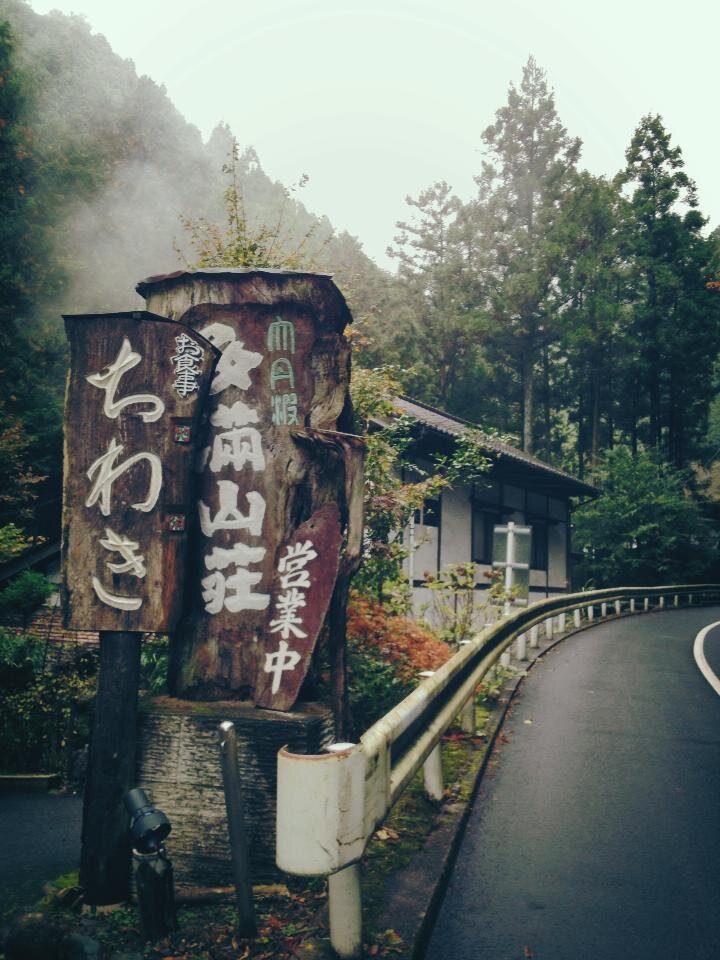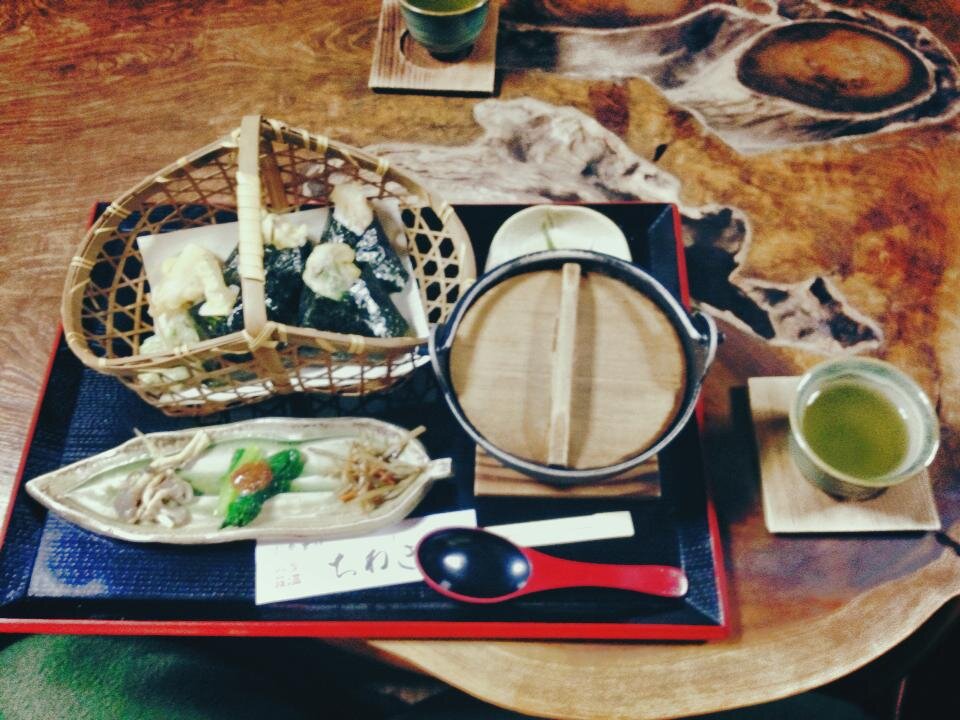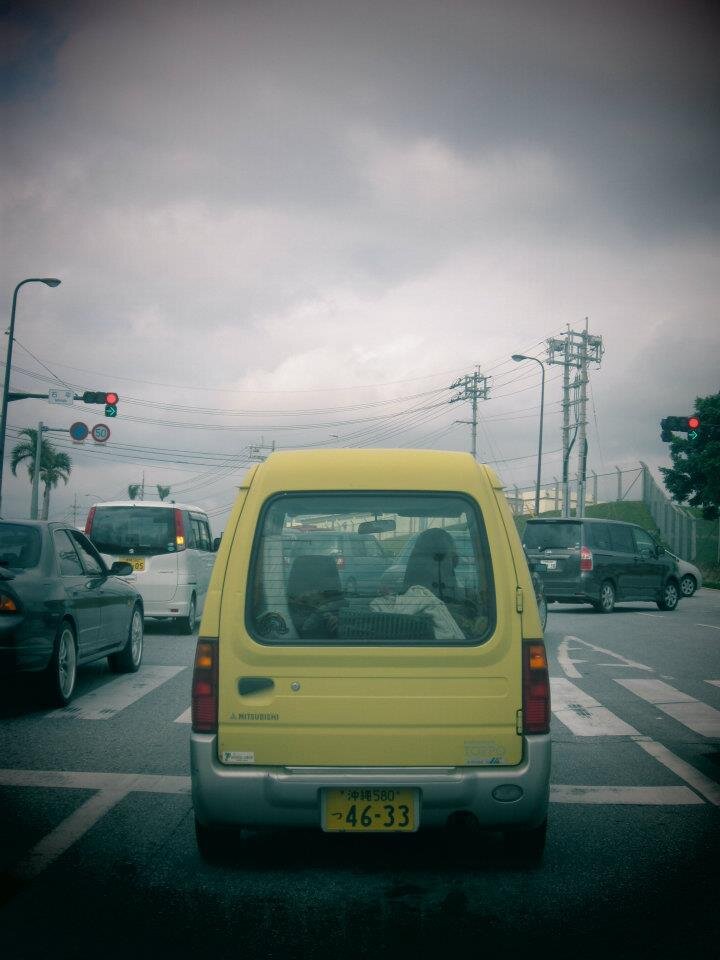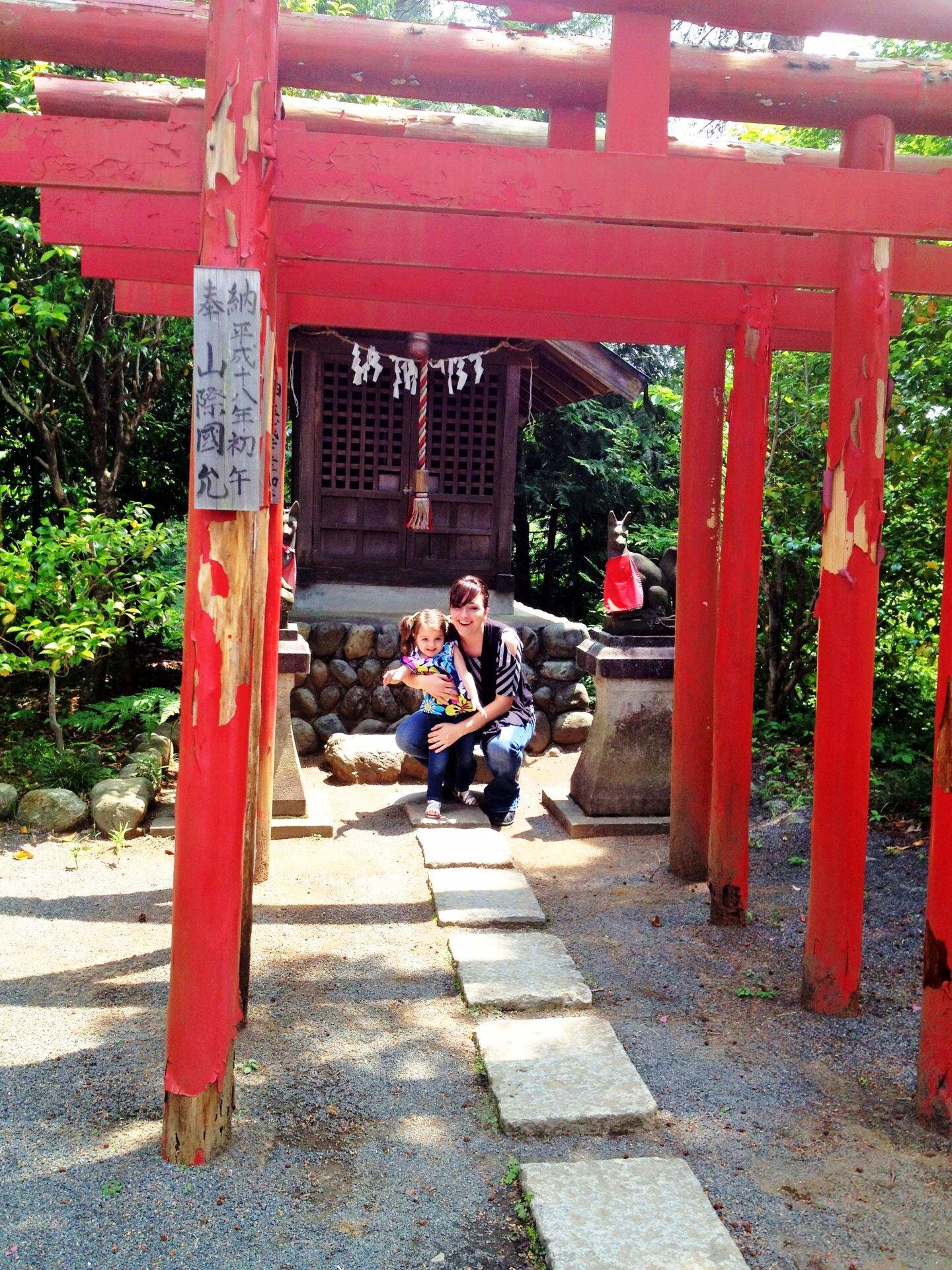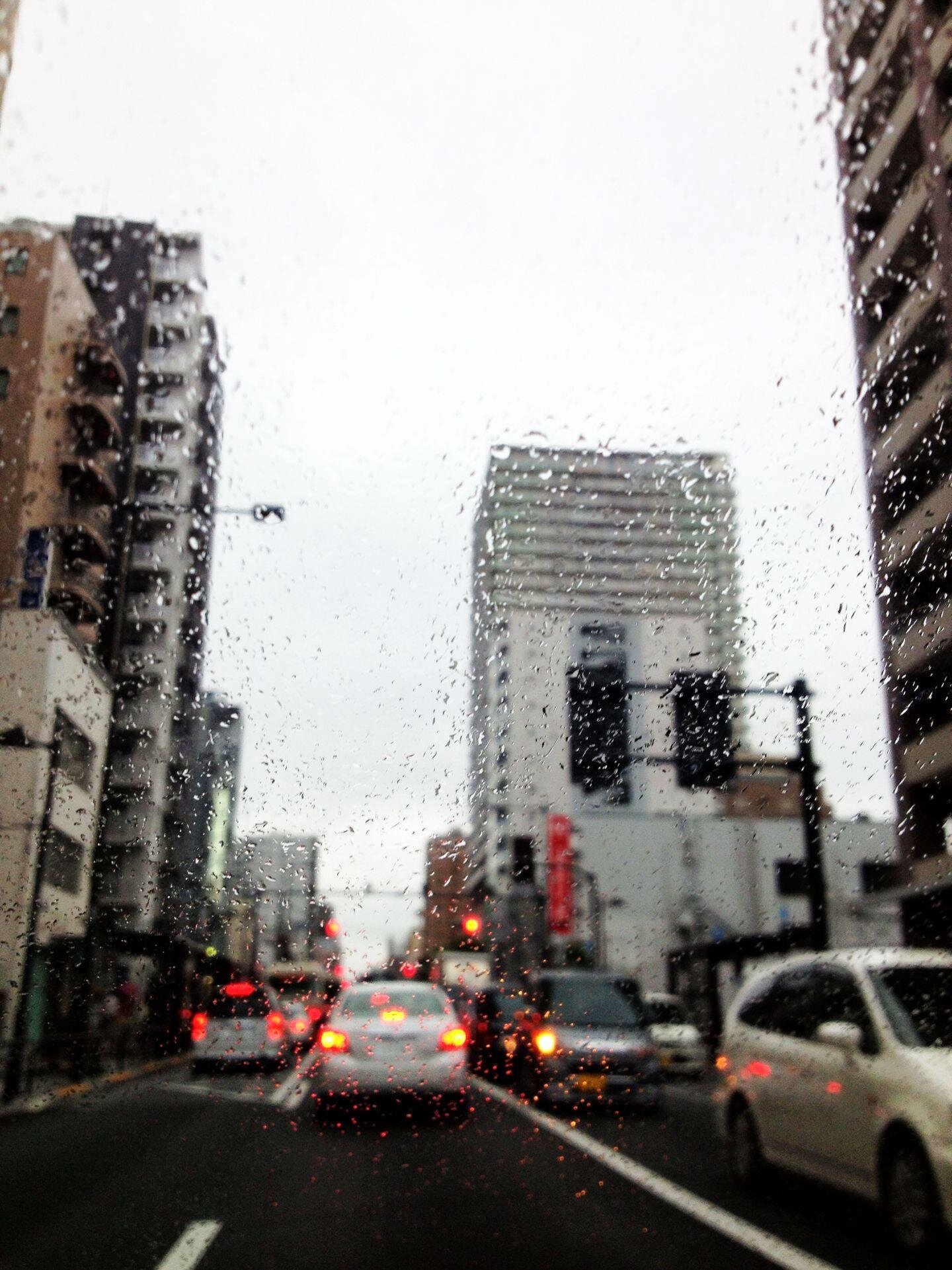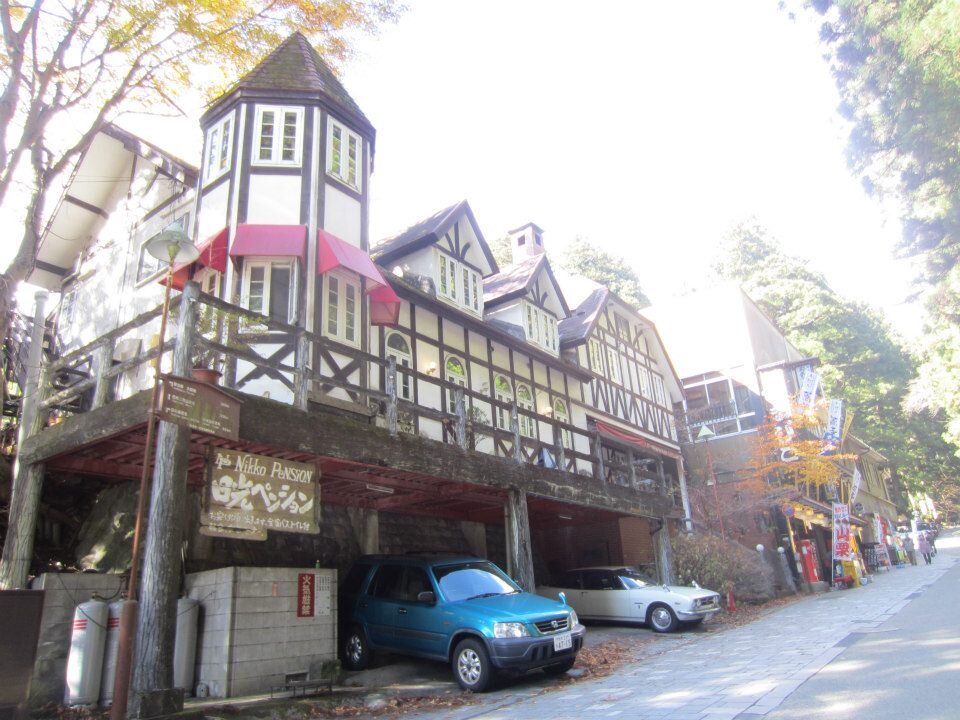Living in Japan taught me so much about myself and what I was capable of. While I lived in Japan, I taught English and painted a lot of art. I would pile my artwork up in the back of my little car and go to art shows. I interacted with Japanese executives and improved my own conversational skills as I jumped into teaching English to people with far greater levels of education than my own.
The biggest challenge that I took on while I was living in Japan was learning how to drive there. This experience taught me several things that still impact me today.
1. Run toward the challenge.
When I moved to Japan, someone told me how confusing Japanese expressways are. They said that I would get lost. They warned me, telling me I would be better off to always take the train to go somewhere. Go ahead and tell me I can’t do something because then I will do it.
I wanted to learn how to drive on the expressways. I wanted to go even if I got lost. So I learned how to drive in Japan. In fact, I drove all over the country. I drove up into the mountains and stayed in little villages where they served fresh soba with locally made shoyu drizzled over the top. I got hopelessly lost in the city of Tokyo more times than I can count. I even flew to the island of Okinawa, Japan, where I rented a car and drove all over the island.
When a challenge presents itself, I still run toward it. Embrace the challenge in front of you. Challenges make you better. Challenges will always teach you new things.
2. Stay curious. Be willing to get lost, again and again and again.
The very first week that I lived in Japan, I got lost. I didn’t have a phone yet. I had gone out to do some shopping, took a wrong turn, and suddenly I didn’t know where I was. Eventually, I got back through using wit and probably a miracle.
A week before I left Japan, I got lost again. I was driving through a spiraling Japanese expressway circle underground, on the famous Shuto Expressway (featured in a Fast & Furious movie). Japanese expressway circles are massive and complicated with different exits and splitting lanes. My GPS had lost its signal so I wasn’t sure which lane I should be in. I chose to be curious and just picked one.
When I emerged from the tunnel, I was going the wrong way. The Japanese highway system is structured differently, so that you cannot just get off an exit and turn around. I had to find a new way to get home and I got lost some more. The beautiful thing is, everything worked out. I had a great adventure!
Once we get lost once, we avoid getting lost again. But that kills our creativity! Stay curious. Get lost every so often!
3. Kindness is always the best way.
I got into three small automobile accidents while I lived in Japan. The running joke amongst my friends about my driving was, but did you die?
No matter how frustrated that Japanese drivers may have been with my driving, they were always polite. I’ll never forget the face of the man who jumped out of his truck after I rear-ended him. I expected to see a look of rage on his face, but he was calm.
I got out of my car and started apologizing profusely in Japanese. I had learned to do this very quickly after moving to Japan since there seemed to constantly be things that I needed to apologize for —being the clumsy, tall American woman that I was. I stood a whole head and shoulders taller than this man, so I bowed more deeply as I apologized to him for running into the back of his truck.
This man didn’t act angry even though he was frustrated. This accident could have caused him to be late getting to his destination, which is not good in Japanese culture, and yet he remained gracious with me. Through cooperating peacefully after the accident, the situation was resolved quickly.
I was surprised at how soon we were able to come to an agreement and drive away. I knew that the same type of accident would have been a completely different scenario back home in America. I can’t imagine that anyone’s first reaction would have been polite, first of all. Everything would have likely been blown out of proportion and terse words would have been exchanged.
Kindness was a way of life in Japan. It was not unusual at all to witness drivers giving each other the right of way on the road. Driving in Japan was typically a very pleasant experience because most drivers were so polite, sometimes to a fault.
Kindness is always the best way. Being kind doesn’t translate to being a doormat, though. And taking on a challenge doesn’t mean you should stay in a toxic situation. Your kindness will never change a toxic person — their own life experiences have the best chance of educating them.
When you must set boundaries with difficult people, there is still a polite way to do so. When you must have difficult conversations, you will always get further with someone by seeking to connect with kindness versus having a pretentious attitude, making snarky comments or insisting on being right. As one of my mentors once said, “You’ll never out trash someone (resist those petty urges, friend!) but you can always out-class someone.”
Be kind out there. When in doubt, always choose kindness. Remember: others are fighting hard battles that you probably know nothing about, so don’t take unkindness personally.
